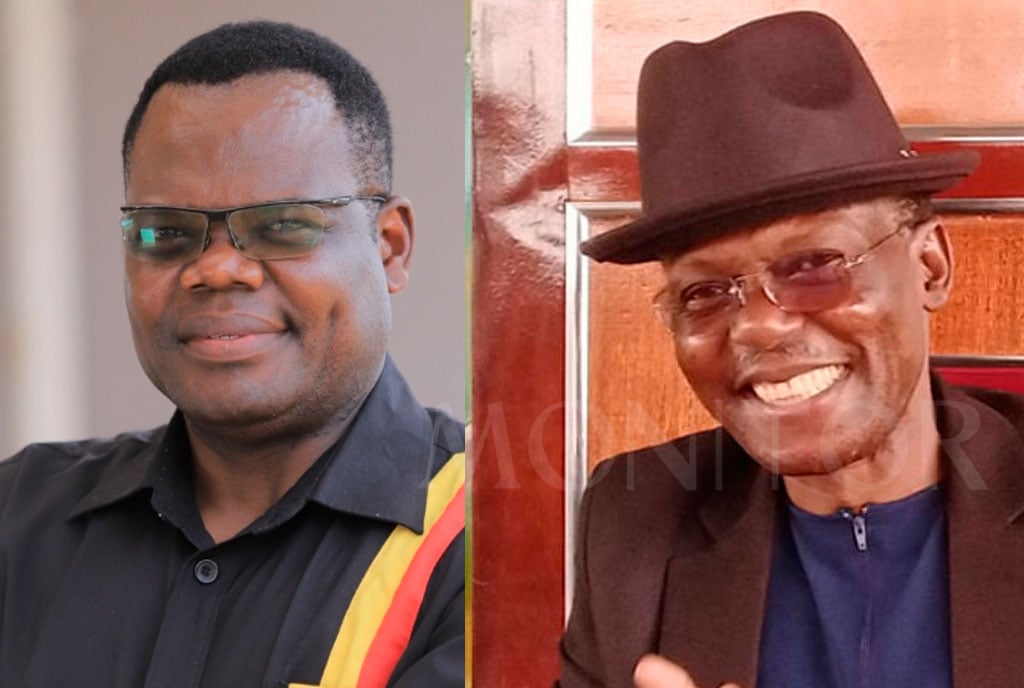Why President’s business pitch in Serbia and Russia makes sense

President Yoweri Kaguta Museveni. PHOTO/FILE
What you need to know:
- The net effect of all these efforts is a boost in our reserves from foreign exchange which are a buffer from shocks to the economy, job creation and GDP growth.
This article will only make sense if I start with citing Matthew 23:13 - Jesus tells off the Pharisees who in those times were experts and strong believers in legal traditions.
“Woe to you teachers of the law and Pharisees, you hypocrites! You shut the door of the kingdom of heaven in people’s faces.
You yourselves do not enter, nor will you let those enter who are trying to.” I find the last part of this scripture very interesting.
President Museveni, who took over stewardship of this country in 1986, inherited a country which from the 1900s was exporting its high value resources in the form of raw materials.
At that time the indigenous Ugandans were involved in only 10percent of the national trade.
The President in the company of a diverse delegation travelled to Russia and proceeded to Serbia.
While in Russia he discussed a few things with his counterpart among which was inviting Russia to change their investment strategy in Uganda.
This strategy would mean that Russia would add value to our raw materials here and then export to external markets.
A group of cynics quickly jumped in to denigrate the efforts of the President and his delegation claiming that he is still flying out expensively many years later advocating for countries to change their strategy of importing our raw materials.
In 1986/7, the President embarked on a holistic reformation and recovery programme. Indeed, the economy grew by leaps and bounds; from a GDP of $440million or 1.65 trillion of today.
Mr Nicholas Sengoba in a recent submission wrote that he doesn’t believe that the discussion the President is having about value-addition is for this time.
He believes that it should have happened long before. Uganda needed these ‘many’ years to put in place a number of things that would increase the participation of Ugandans in national trade while also encouraging foreign direct investment, keeping in mind she had been exporting her raw materials for 86 years long before the President had anything to do with it.
Interestingly, Mr Ssengoba pointed out that Uganda has more people with formal education on this day. However, he wrongly listed this as a reason the President shouldn’t have had a candid discussion with his counterpart about value-addition. These two things are not mutually-exclusive.
Having more people with formal education attests to the fact that in 37 years President Museveni’s government under the NRM has done transformative work.
Uganda already has a lot of foreign direct investment which has contributed to economic growth and output with some of these investors processing our raw materials and turning them into finished products.
Now, we are the second largest producer of coffee in Africa after Ethiopia and the 8th in the world. President Museveni is rallying the country to embrace the strategy of value-addition so that we can tap into the $46.3bn market.
Why Serbia? Serbia is a business-driven country that will not just stop at importing our products to consume but also enabling exporting to other countries where they export.
Serbia spends $ 1 billion on drinking coffee and about $1 billion on tourism.
Serbia is also a tourist destination. Tourists will drink our coffee, eat our bananas, purchase our locally-made apparel but in Serbia.
It is easier to get into the Balkan region by partnering with Serbia and early indications of a successful partnership include the following: The business people who took samples of their products which included; leather products, fruits, vegetables, vanilla, coffee and so on, walked away with orders. Uganda Airlines and Air Serbia concluded a cooperation deal.
Further to the question of why Serbia and not some big economies in Western Europe; Serbia no prohibitive tariff and non-tariff barriers.
These are things that have made it difficult but not impossible to trade with the EU.
The government on this side has been focusing on strategic interventions to boost export growth by investing in infrastructure like energy and roads, industrial parks to provide spaces where investors can access subsidies and tax breaks, as well as affordable and patient capital in Uganda Development Bank.
This will help us create a steady supply to our new markets.
In conclusion, the net effect of all these efforts is a boost in our reserves from foreign exchange which are a buffer from shocks to the economy, job creation and GDP growth.
Back to my scripture, let the cynics get out of the doorway and allow those who want to go through do so. A country should always seek to better itself, whether it is after 37 or 100 years. Mr. Museveni has done well.
Ms Marcella Karekye is the Special Presidential Assistant on Communication and Head of the Government Citizen Interaction Centre.



